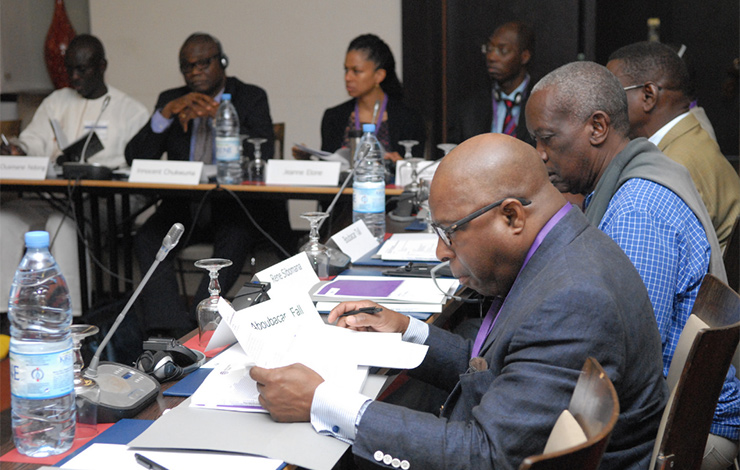
 Update: For the most recent news and materials from our convening in Senegal, please visit: http://worldjusticeproject.org/rule-law-senegal
Update: For the most recent news and materials from our convening in Senegal, please visit: http://worldjusticeproject.org/rule-law-senegal
The World Justice Project will be in Dakar to convene “The Rule of Law in Senegal” on 10-12 March, 2015. The meeting and workshop will bring together 50 leaders from business, academia, civil society, and government to assess current rule of law challenges and opportunities in Senegal.
At the event, WJP will present findings from a new, in-depth Senegal Country Report based on current data from the WJP Rule of Law Index—our report that measures how the rule of law is experienced around the world. You can download the complete WJP Senegal Country Report, as well as the event agenda and participant list, here: http://worldjusticeproject.org/rule-law-senegal
Participants will also work together to incubate practical solutions to rule of law challenges and create plans for implementing these programs after the event. Topics for these discussions include: 1. Order and Security, 2. Judicial Independence, 3. Access to Justice, 4. Anti-corruption, 5. Advancing Women’s Rights, and 6. Protecting Children’s Rights.
Speakers will include Mr. Badio Camara, Attorney General of the Supreme Court of Senegal and other leaders from Senegal and the international community. A welcome video from Mr. Adama Dieng, WJP Honorary Chair and UN Secretary-General’s Special Adviser on the Prevention of Genocide, will be presented.






